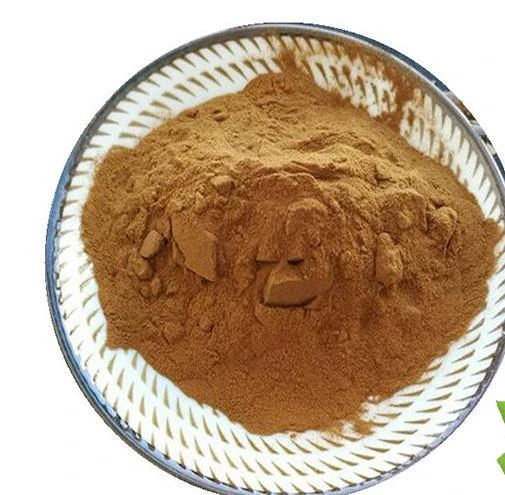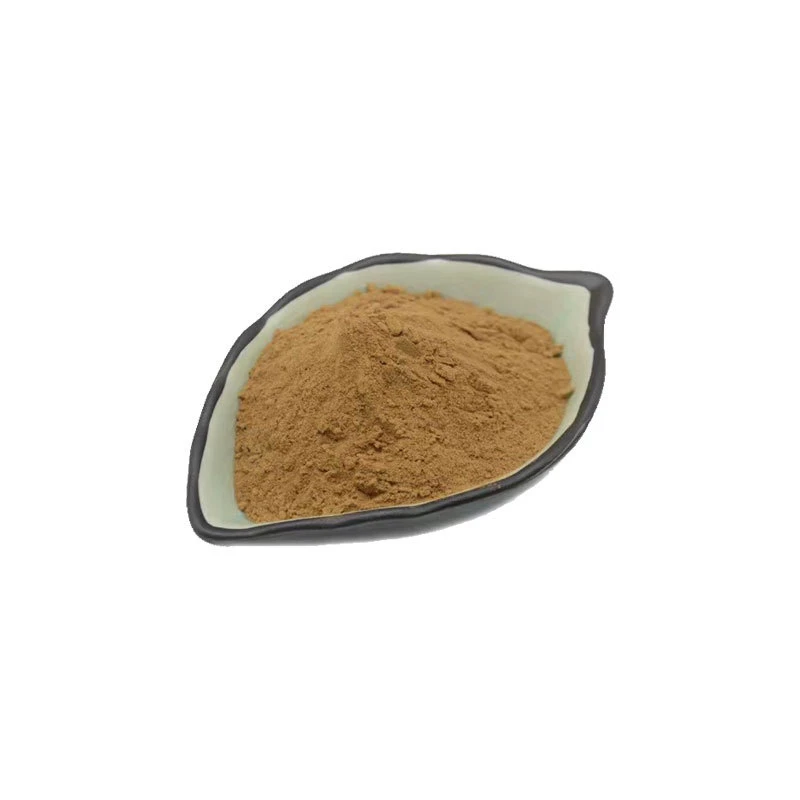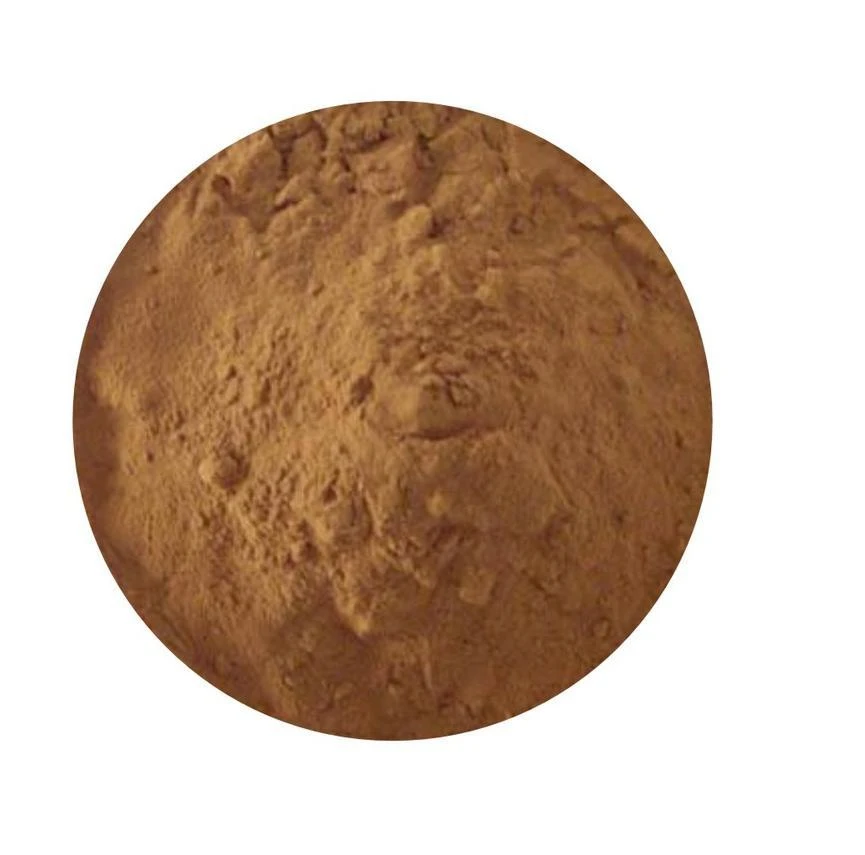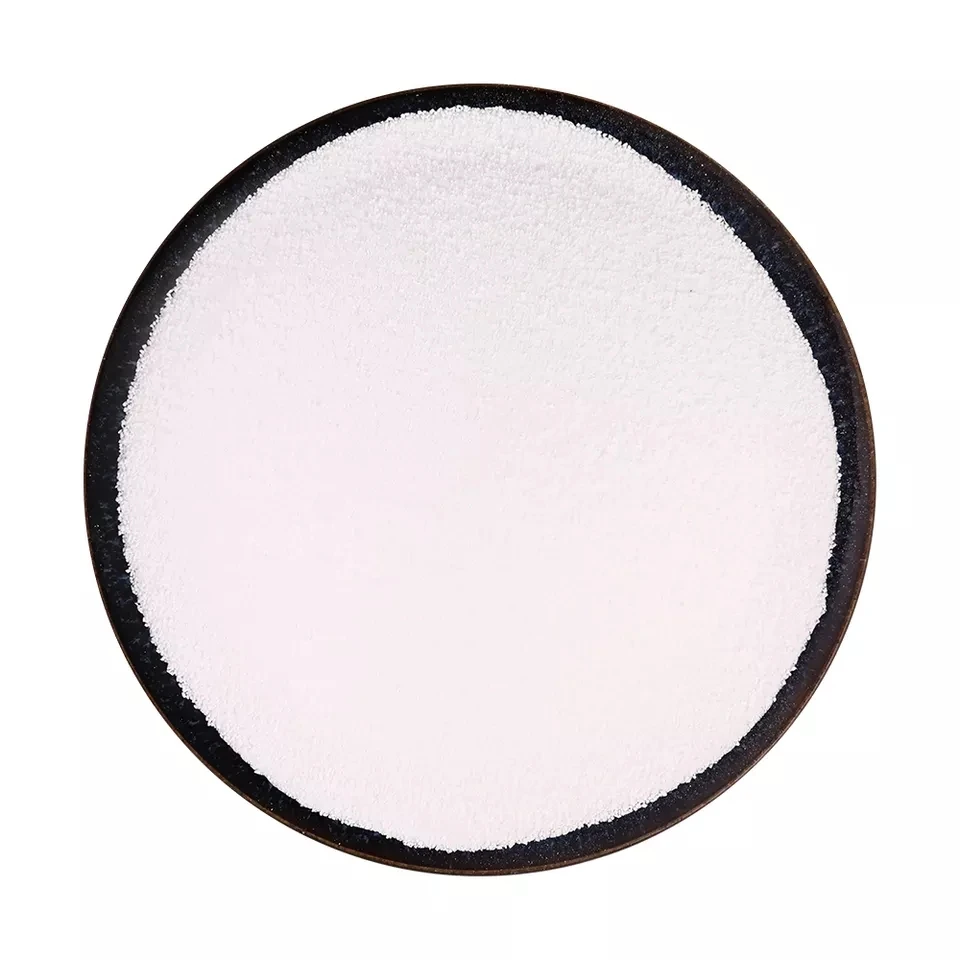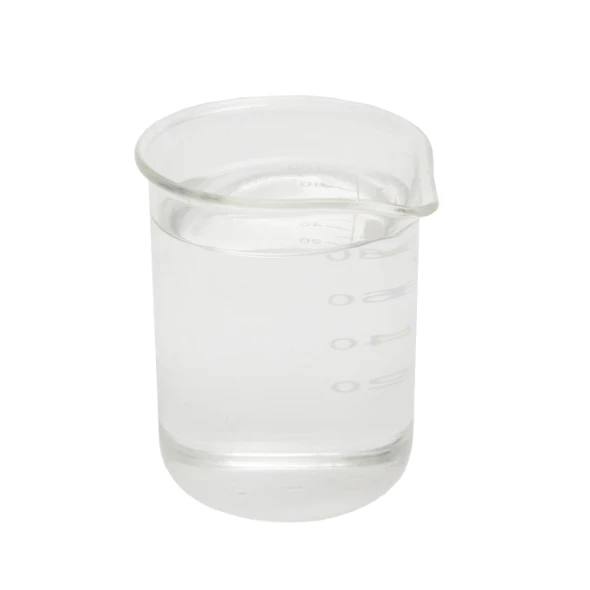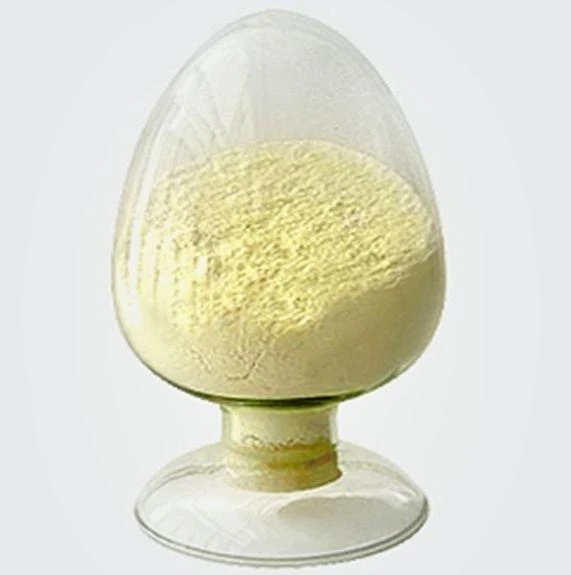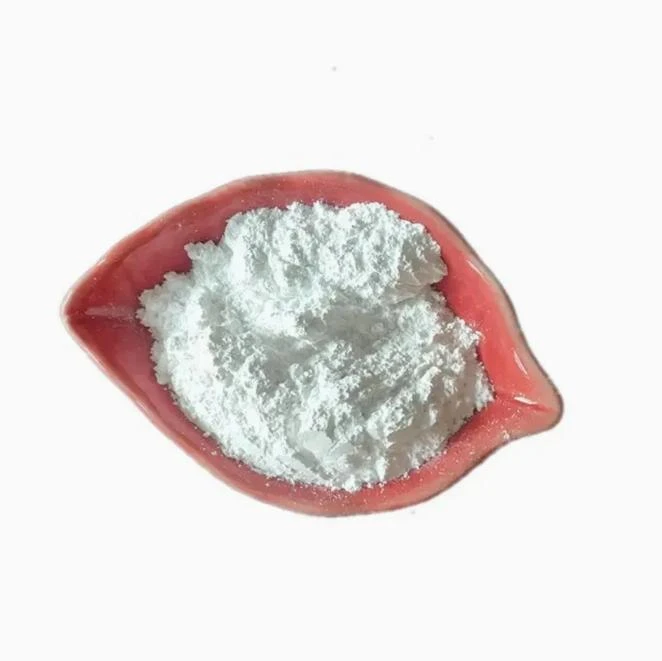Warning: Undefined array key "file" in /home/www/wwwroot/HTML/www.exportstart.com/wp-content/themes/1198/header.php on line 7
Warning: Undefined array key "title" in /home/www/wwwroot/HTML/www.exportstart.com/wp-content/themes/1198/header.php on line 7
Warning: Undefined array key "title" in /home/www/wwwroot/HTML/www.exportstart.com/wp-content/themes/1198/header.php on line 7
- Awherika
- Albanian
- Amharic
- Arapi
- Arameni
- Azerbaijani
- Basque
- Belarusian
- Bengali
- Bosniana
- Bulgarian
- Katarana
- Cebuano
- Haina
- Haina (Taiwan)
- Korihika
- Koroatiana
- Czech
- Teniana
- Tatimana
- Ingarihi
- Esperanto
- Estonian
- Finnish
- Wīwī
- Frisian
- Kariri
- Georgian
- Tiamana
- Kariki
- Gujarati
- Haiti Creole
- hausa
- hawaii
- Hiperu
- Kao
- Miao
- Hungarian
- Tiorangi
- igbo
- Initonia
- Irish
- Itari
- Hapanihi
- Hawaana
- Kannada
- Kazakh
- Khmer
- Rwandan
- Koreana
- Kurdish
- Kyrgyz
- TB
- Latina
- Latvian
- Lithuanian
- Luxembourgish
- Makeronia
- Malgashi
- Malay
- Malayalam
- Marite
- Maori
- Mareti
- Mongolian
- Myanmar
- Nepali
- Norewai
- Norewai
- Occitan
- Pashto
- Pahia
- Porohia
- Potiti
- Punjabi
- Romanian
- Ruhia
- Hamoa
- Scottish Gaelic
- Serbian
- Ingarihi
- Shona
- Sindhi
- Sinhala
- Slovak
- Slovenian
- Somali
- Paniora
- Hatana
- Swahili
- Huitene
- Tagalog
- Tajik
- Tamil
- Tatara
- Telugu
- Thai
- Turkish
- Turkmen
- Iukereiniana
- Urdu
- Uighur
- Uzbek
- Vietnamese
- Welsh
- Awhina
- Yiddish
- Yoruba
- Zulu
Eucommia Extract
Eucommia (Eucommia Ulmoides), commonly called the hardy rubber tree or the gutta-percha tree. The Chinese name for eucommia bark is Du Zhong. Eucommia is mainly grown in temperate regions of Asia mostly in China such as Guizhou, Sichuan, Hunan. The medicinal use of Eucommia ulmoides dates back to ancient Traditional Medicinal Chinese including the texts of Yellow Emperors Internal Classic (Huangdi Neijing) (475-221BC). It has been used classically as a combination with other medicinal herbs or as a single agent to treat lower back pain and knees and strengthening the tendons and bones. In addition, it has also been used for prevention of miscarriage. In modern medicine, majority of the preliminary data lend support to its use in osteoporosis, arthritis, hypertension with purported actions such as anti-oxidant and anti-inflammatory properties.

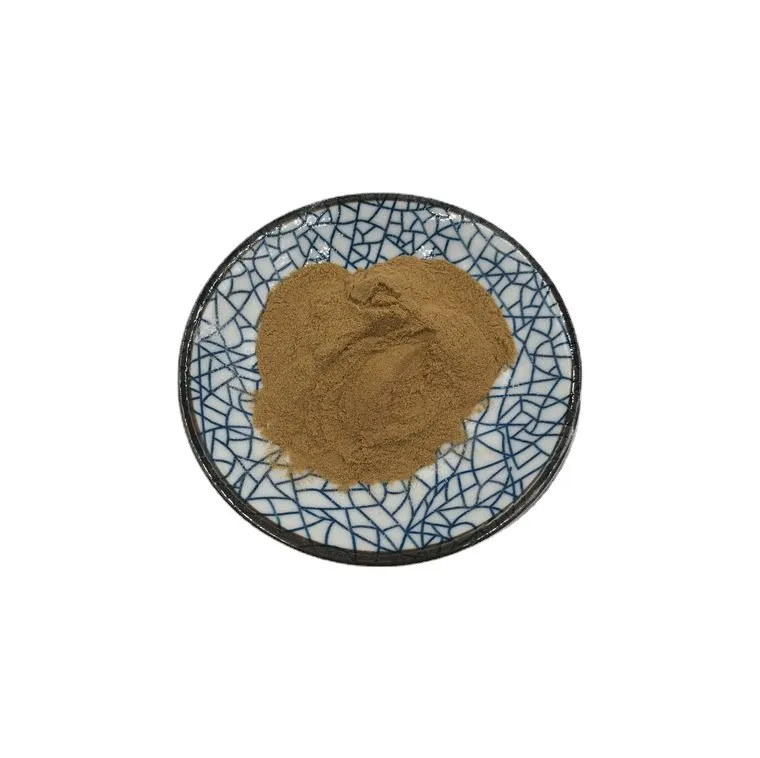

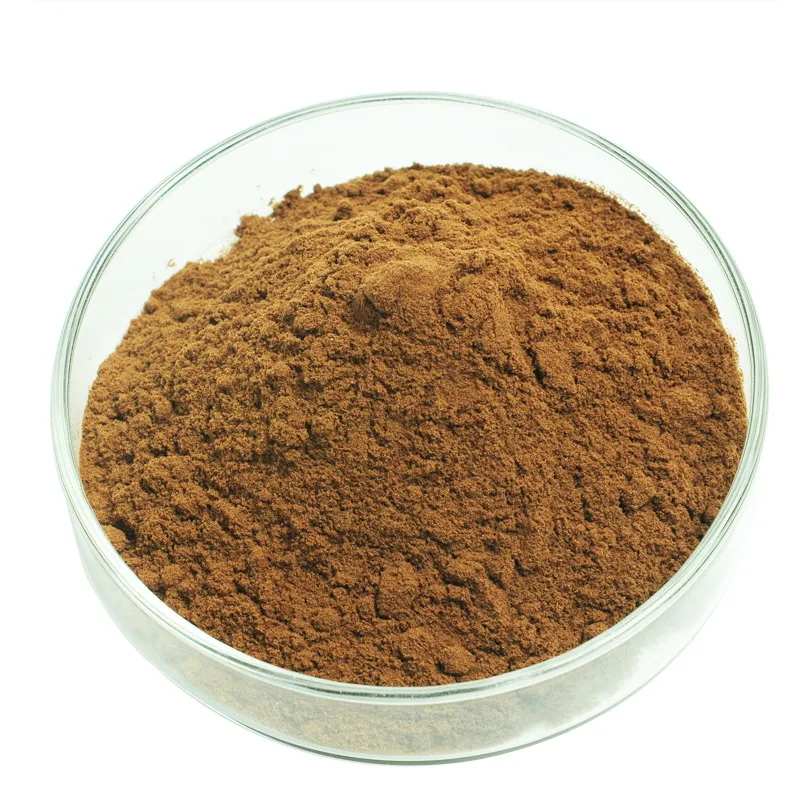
1.reducing blood pressure and blood fat.
2.Tonic for liver and kidney; strengthening muscles and bones.
3.Use in liver and kidney deficiency: chronic pain in lower back and knees, lack of strength, dizziness, impotence, irregular menses and frequent urination.
4.Stabilizing pregnancy. Use in weakness during pregnancy, unstable pregnancy, chronic pain in lower back and excessive movements of fetus.
5.diuretic, gallbladder, blood fat, fetus protection.
Nourishes the liver and kidneys, strengthens muscles and bones: traditionally used to treat symptoms such as low back pain, lumbar and knee soreness, and strengthens the muscular and skeletal systems.
Lowering blood pressure and regulating blood lipids: contributes to cardiovascular health and is beneficial in preventing and assisting in the treatment of hypertension through its antihypertensive effect.
Anti-tumor: shows some anti-tumor activity, possibly by inhibiting the growth of tumor cells or inducing their apoptosis.
Enhancement of immunity: Contains components that can regulate and enhance the body's immune system, such as polysaccharides, to fight against disease invasion.
Antioxidant and anti-aging: Flavonoids and other components have the effect of scavenging free radicals and slowing down cell aging.
Antibacterial and antiviral: components such as chlorogenic acid have inhibitory effects on a wide range of bacteria (e.g. E. coli, Staphylococcus aureus, pneumococcus) and viruses.
Digestive system support: It can increase gastrointestinal motility, promote gastric juice secretion, and help relieve constipation
He maha nga wheketere kounga teitei me te mahi tahi, ka taea e koe te whakarato i nga hua o te kounga teitei me nga utu whakataetae. Ka taea hoki e matou te tuku utu mo nga hokonga nui.A ka mahi tahi matou me te maha o nga kamupene kawe utanga ngaio, ka taea te tuku hua ma te humarie me te pai ki o ringaringa. Ko te wa tuku mo nga ra 3-20 i muri i te whakapumautanga o te utu.
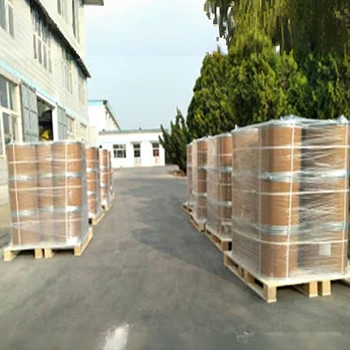
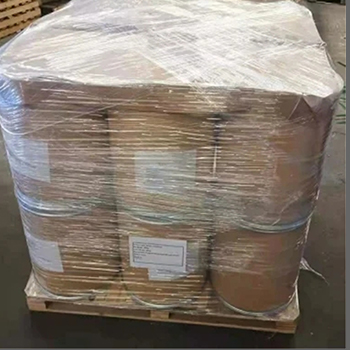

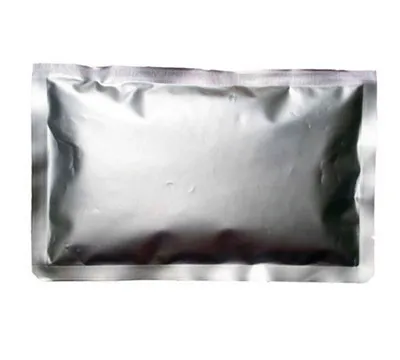
| TECHNICAL DATA SHEET | ||
| PRODUCT SPECIFICATIONS | ||
| Product Name: | Eucommia ulmoides extract | |
| Botanic Name: | Eucommia ulmoides Oliv. | |
| Scientific name(Family/Genus/Species) | Eucommiaceae/Eucommia/E.ulmoides | |
| Part of plant | Bark (without cork) | |
| Solvent extraction | 100% water | |
| Country of Origin: | Haina | |
| Excipent | 20% maltodextrin | |
| ANALYSIS ITEMS | WHAKAMAHI | TEST METHOD |
| Te ahua | Fine powder | Organoleptic |
| Color | Brown | Visual |
| Odour & Taste | Characteristic | Organoleptic |
| Tautuhinga | Identical to R.S. sample | HPTLC |
| Extract ratio | 4:1 | |
| Solubility | Almost soluble in water | |
| Hydrocarbons PAHs | ≤ 50 ppb -Reg.UE 1933/2015 | GC-MS |
| Benzo(a)pyren | ≤ 10 ppb -Reg.UE 1933/2015 | GC-MS |
| Radioactivity | ≤ 600 Bq/Kg -Reg. CE 1409/2009 | |
| Apparent density | 0.4-0.7g/ml | |
| Sieve Analysis | 100% through 80 mesh | USP39 <786> |
| Loss on drying | ≤ 5.0% | Eur.Ph.9.0 [2.5.12] |
| Total Ash | ≤ 5.0% | Eur.Ph.9.0 [2.4.16] |
| Lead (Pb) | ≤ 3.0 mg/kg | Eur.Ph.9.0<2.2.58>ICP-MS |
| Arsenic (As) | ≤ 1.0 mg/kg | Eur.Ph.9.0<2.2.58>ICP-MS |
| Cadmium(Cd) | ≤ 1.0 mg/kg | Eur.Ph.9.0<2.2.58>ICP-MS |
| Mercury(Hg) | ≤ 0.1 mg/kg -Reg.EC629/2008 | Eur.Ph.9.0<2.2.58>ICP-MS |
| Heavy metal | ≤ 10.0 mg/kg | Eur.Ph.9.0<2.4.8> |
| Solvents Residue | Conform Eur.ph. 9.0 <5,4 > and EC European Directive 2009/32 | Eur.Ph.9.0<2.4.24> |
| Pesticides Residues | Conform Regulations(EC) No.396/2005 including annexes and successive updates Reg.2008/839/CE | Gas Chromatography |
| Aerobic bacteria(TAMC) | ≤1000 cfu/g | USP39 <61> |
| Yeast/Moulds(TAMC) | ≤100 cfu/g | USP39 <61> |
| Bile-tol.gram- b./Enterobact.: | ≤100 cfu/g | |
| Escherichia coli: | Absent in 1g | USP39 <62> |
| Salmonella: | Absent in 25g | USP39 <62> |
| Staphylococcus aureus: | Absent in 1g | |
| Aflatoxins B1 | ≤ 5 ppb -Reg.EC 1881/2006 | USP39 <62> |
| Aflatoxins ∑ B1, B2, G1, G2 | ≤ 10 ppb -Reg.EC 1881/2006 | USP39 <62> |
| Irradiation | No Irradiation | |
| GMO | Product No-GMO (Reg.1829/2003-1830/2003 EC) | |
| Allergens | Non allergen, in compliance with Reg.1169/2011 Annex II | |
| BSE/TSE | Free, the product doesn't contain animal materials | |
| Melamine | Free, No melamine(Reg.EU 594/2012) | |
| Ethylen-oxide | No Ethylen-oixde | |
Eucommia is mainly grown in temperate regions of Asia mostly in China such as Guizhou, Sichuan, Hunan. The medicinal use of Eucommia ulmoides dates back to ancient Traditional Medicinal Chinese (TCM) including the texts of Yellow Emperor's Internal Classic (Huangdi Neijing) (475-221BC) .
It has been used classically as a combination with other medicinal herbs or as a single agent to treat lower back pain and knees and strengthening the tendons and bones.
1.Eucommia bark extract is associated with the liver and kidneys, and is considered the primary herb used to increase yang functions in the body.
2. Eucommia bark strengthens the bones and muscles, heals injured and weakened tissues, and can treat lower back and leg pain, stiffness and arthritis.
3. In addition to its healing effects, eucommia has the ability to lower blood pressure; most Chinese formulas used to lower blood pressure contain at least some amount of eucommia.
4. It is also given to pregnant women to calm the fetus and prevent miscarriage.
2.Antibacterial, Antiviral, and Anti-Inflammatory Activity

1. He wheketere koe, he kamupene hokohoko ranei?
He kamupene matou e whakauru ana i te ahumahi me te hokohoko, e whakarato ana i te ratonga kotahi-mutu. Ka taea e OEM te whakaae.
2. Kei te whakarato koe i nga tauira? He kore utu, he taapiri ranei?
Ko nga tauira kore utu.Ko te utu utauta a te tauira me utu e to taha.
3. Kei a koe etahi tiwhikete e pa ana ki te mana kounga?
ISO 9001: Tiwhikete 2008 hei whakarite i te kounga.
4. He aha te mea me whakarato e au ki te tiki korero?
Pls whakamohio mai ki a matou mo te momo hua e hiahiatia ana e koe, te rahinga ota, te wahitau me nga whakaritenga motuhake.Ka mahia te korero mo to tohutoro i te waa.
5. He aha te ahua o te tikanga utu e pai ana koe? He aha nga momo tikanga e whakaaetia ana?
Nga Tikanga Tukunga Whakaaetia: FOB,CFR,CIF,EXW;
Moni Utu Whakaaetia:USD;
Momo Utu Whakaae: T / T, Western Union; Paypal, Tauhokohoko Tauhokohoko.
Te Reo Korero:Maori.
Nga waahanga hua
-
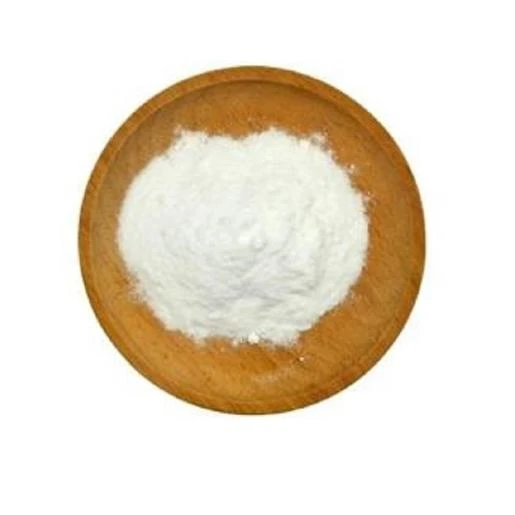 May . 13, 20252025 European Fine Chemicals Exhibition in GermanyThe much-anticipated Fine Chemicals Europe 2025 will be held in Germany from June 4 to 5, 2025. The event will bring together industry leaders, innovators and stakeholders in the fine chemicals sector, providing a unique platform for networking, collaboration and showcasing the latest advances in the field.
May . 13, 20252025 European Fine Chemicals Exhibition in GermanyThe much-anticipated Fine Chemicals Europe 2025 will be held in Germany from June 4 to 5, 2025. The event will bring together industry leaders, innovators and stakeholders in the fine chemicals sector, providing a unique platform for networking, collaboration and showcasing the latest advances in the field. -
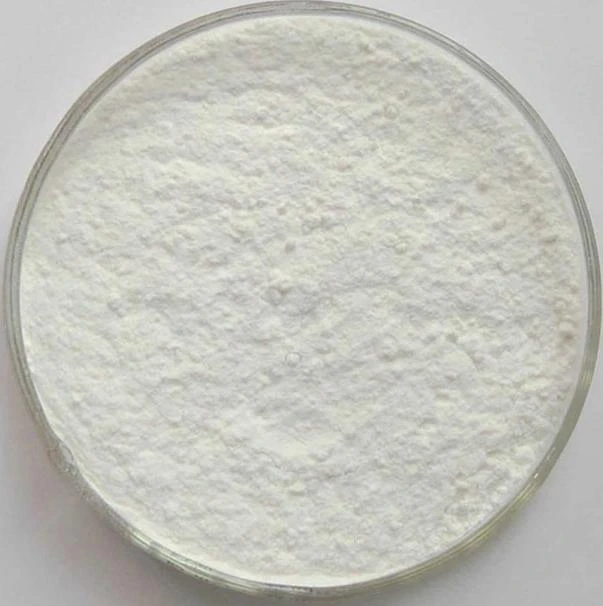 May . 07, 20252025 New York Cosmetics Ingredients ExhibitionThe much-anticipated 2025 Cosmetics Ingredients New York will be held at the Javits Center in New York from June 3 to 4, 2025. This event will bring together industry leaders, innovators and enthusiasts from all over the world to discuss the latest trends and advances in the field of cosmetic ingredients.
May . 07, 20252025 New York Cosmetics Ingredients ExhibitionThe much-anticipated 2025 Cosmetics Ingredients New York will be held at the Javits Center in New York from June 3 to 4, 2025. This event will bring together industry leaders, innovators and enthusiasts from all over the world to discuss the latest trends and advances in the field of cosmetic ingredients. -
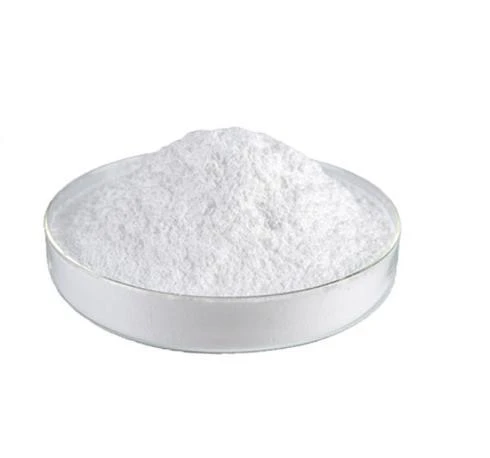 Apr . 27, 2025Zibo will host the 2025 International Chemical ExpoZibo, a city known for its thriving chemical industry, will host the 2025 Zibo International Chemical Expo from May 16 to May 18, 2025. This highly anticipated event aims to bring together industry leaders, innovators and stakeholders from around the world to explore the latest advancements and trends in the chemical industry.
Apr . 27, 2025Zibo will host the 2025 International Chemical ExpoZibo, a city known for its thriving chemical industry, will host the 2025 Zibo International Chemical Expo from May 16 to May 18, 2025. This highly anticipated event aims to bring together industry leaders, innovators and stakeholders from around the world to explore the latest advancements and trends in the chemical industry.



